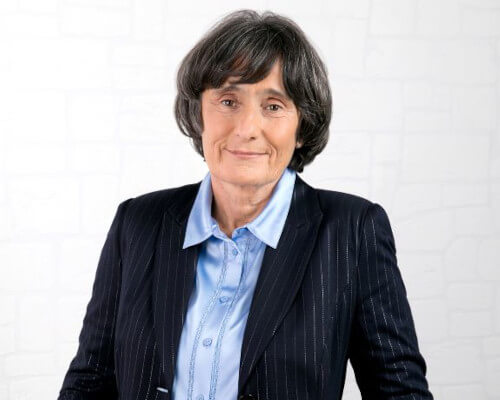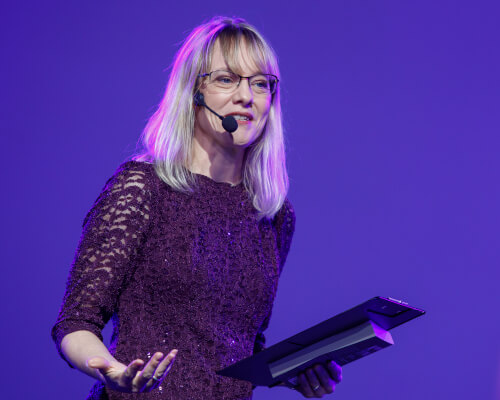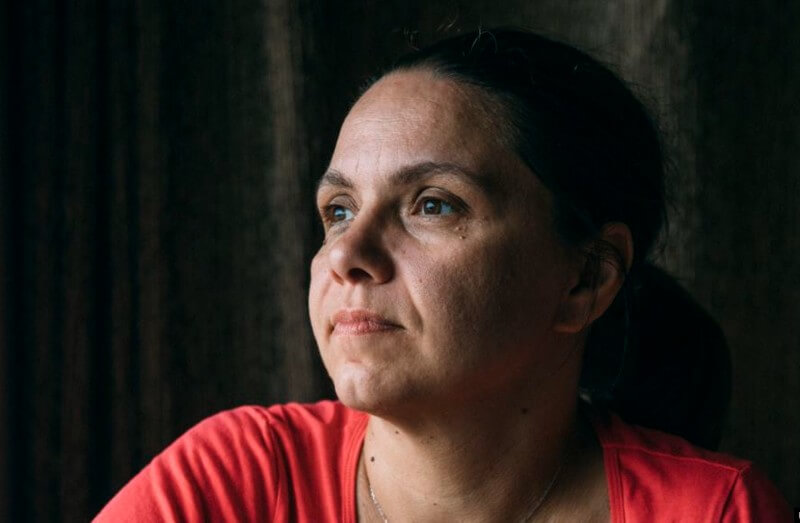
Yana Rupeva bristles at the idea of social services as charity.
A social worker by training and fundraiser by occupation, Yana believes that adult aid recipients need to be active participants in shaping the services they receive. Social services should aim to empower individuals, not make them more dependent.
“Social services for adults should be built on a model that allows for sustainability and does not hinge on external subsidies — whether from the state or from private donors. Donations always run out, and state funds are never enough! Building a sustainable model for a social enterprise is something that I think is not just possible, but the only possible way forward,” she says.
Yana’s views were shaped by two decades at one of the leading expert organizations in the field of philanthropy and social investments in Bulgaria, the BCause Foundation. In her time there, Yana helped bring about change in the lives of disadvantaged individuals across Bulgaria. As director of the foundation’s donor programs and member of the managing board of the Bulgarian Donors Forum, she influenced private giving and public policy in the field.
Yet, Yana couldn’t shake off the feeling that she needed to do more.
So, in 2018, she made an unusual career move: she packed up her life in the Bulgarian capital, Sofia, and moved to Lyutibrod, a small village in the region of Mezdra, in northwestern Bulgaria. It was not a desire for a smaller life, away from the hustle and bustle of the big city, that took her there. (Although it was an added bonus, she says.) She took a leaf out of business startups’ book: she wanted to show that her vision for social services reform was practicable and eventually scalable.
“You can’t really reform social services unless you have built a working structure on the ground,” she says.
Yana chose Mezdra after traveling in the region extensively in 2014 as part of a professional assignment and acquainting herself with the challenges faced by the elderly and other vulnerable local groups. Something clicked while she was there. This was her place, her people.
“I found my cause,” she says.
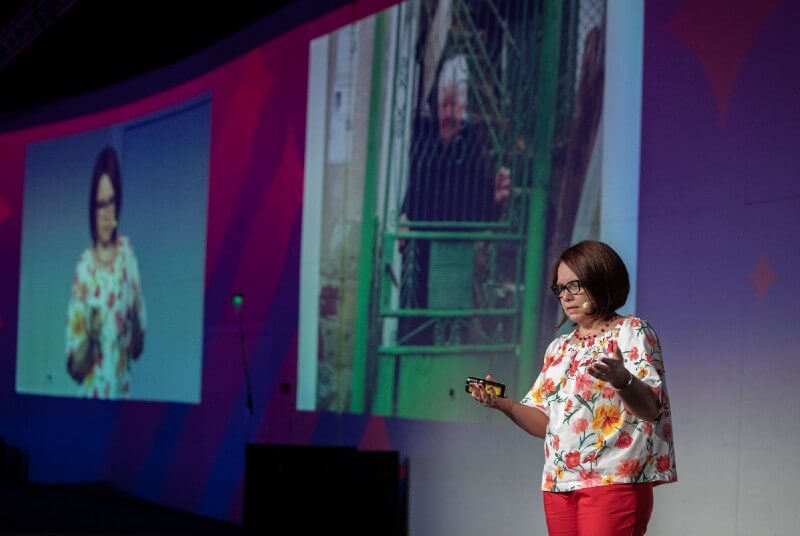
Crucially, Mezdra Municipality was a supportive partner from the very beginning — an auspicious start to the Project Northwest Foundation.
In the six years since Project Northwest’s founding in 2016, Yana and her team built a social catering service for individuals not covered by municipal services, usually people living in remote mountain villages with poor roads and no other access to freshly prepared food. In 2021 alone, the team delivered 63,000 meals, traveling 200–250 kilometers every day to reach their recipients. Sixty-five individuals from fifteen villages used the service full-time.
In addition to healthy, age-appropriate nutrition, Project Northwest also provides domestic help and companion care for elderly individuals.
Service users pay a symbolic fee and are encouraged to provide feedback about the assistance. “We are working to make elderly individuals feel like customers of a service, not like they are cared for. They can be satisfied or dissatisfied with the service. They can work to improve it,” Yana says.
Feedback about the services is important in identifying people’s real needs and proposing effective solutions. Data is the only solid foundation a scalable model can be built on, according to Yana.
Another important aspect of Project Northwest’s work with elderly individuals is awareness raising. “We started at a time when elderly care was not a priority, and we created an environment in which it is not unusual to hear about the need to support older adults,” Yana says.
She particularly prides herself on Project Northwest’s contribution to dispelling the idea of the elderly and other vulnerable populations as “unnecessary.”
Project Northwest’s therapeutic services and art workshop for people with intellectual and physical disabilities were designed with a similar goal in mind. “I hope that the young people with intellectual disabilities we work with will acquire skills and self-confidence, and in time at least one of them will have enough knowledge, skills, and confidence to live on their own without the need for institutional support,” Yana says.
Supporting the vulnerable effectively requires broad social involvement, which is why, for the past year, Yana and her team have also worked to instill a culture of empathy and giving among Mezdra’s youth.
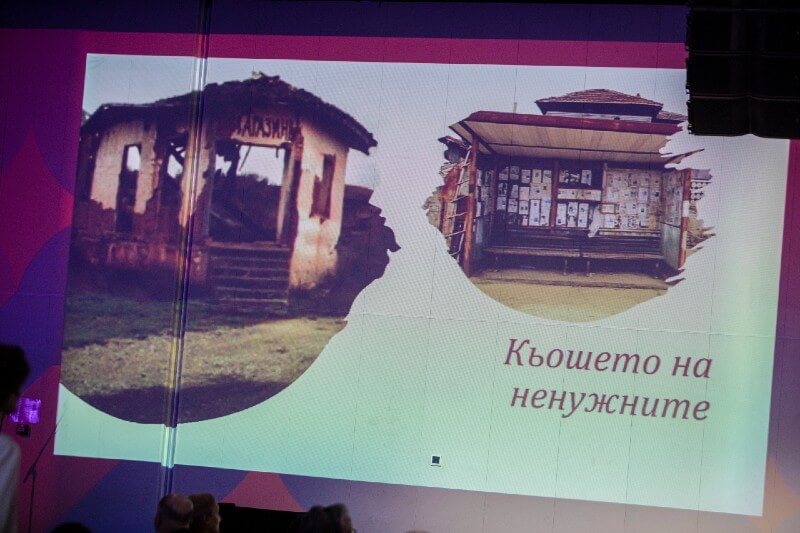
Their newest initiative, “From Mezdra to Mezdra,” aims to “build a community of donors and volunteers, a community of people who support meaningful local causes. But the much more important and valuable aspect for me is related to teaching our children that there are no unnecessary individuals, that there are only needs. We should teach them how to assess those needs and not to allow the labeling of people in terms of their ‘usefulness.’ If we do not do this, in 25 years, I will personally be in the position of each of these women we support.”
The past year saw the birth of Mezdra’s first community donation fund and the launch of three student fundraising initiatives that supplied equipment for local social institutions.
In 2021, “From Mezdra to Mezdra” was awarded funding through the Developing Local Philanthropy program of the Agora Platform and the America for Bulgaria Foundation.
Other donor funding has not been as forthcoming since, largely because of the disruptions wrought upon philanthropy by Covid-19. More discouragingly, Project Northwest’s for-profit activities also took a hit.
Yana is not one to be cowed by challenges, however. She is used to pivoting. Short of having to close down services, she is all right with working harder to help Project Northwest survive the downturn and emerge on the other side. With an eye on the big picture — empowerment-focused social service reform — she says: “We are not giving up.”
The economic downturn caused by Covid-19 is an existential threat for social enterprises like Project Northwest. Help them weather this challenging moment by supporting their work here. Baba Albena would be grateful!
